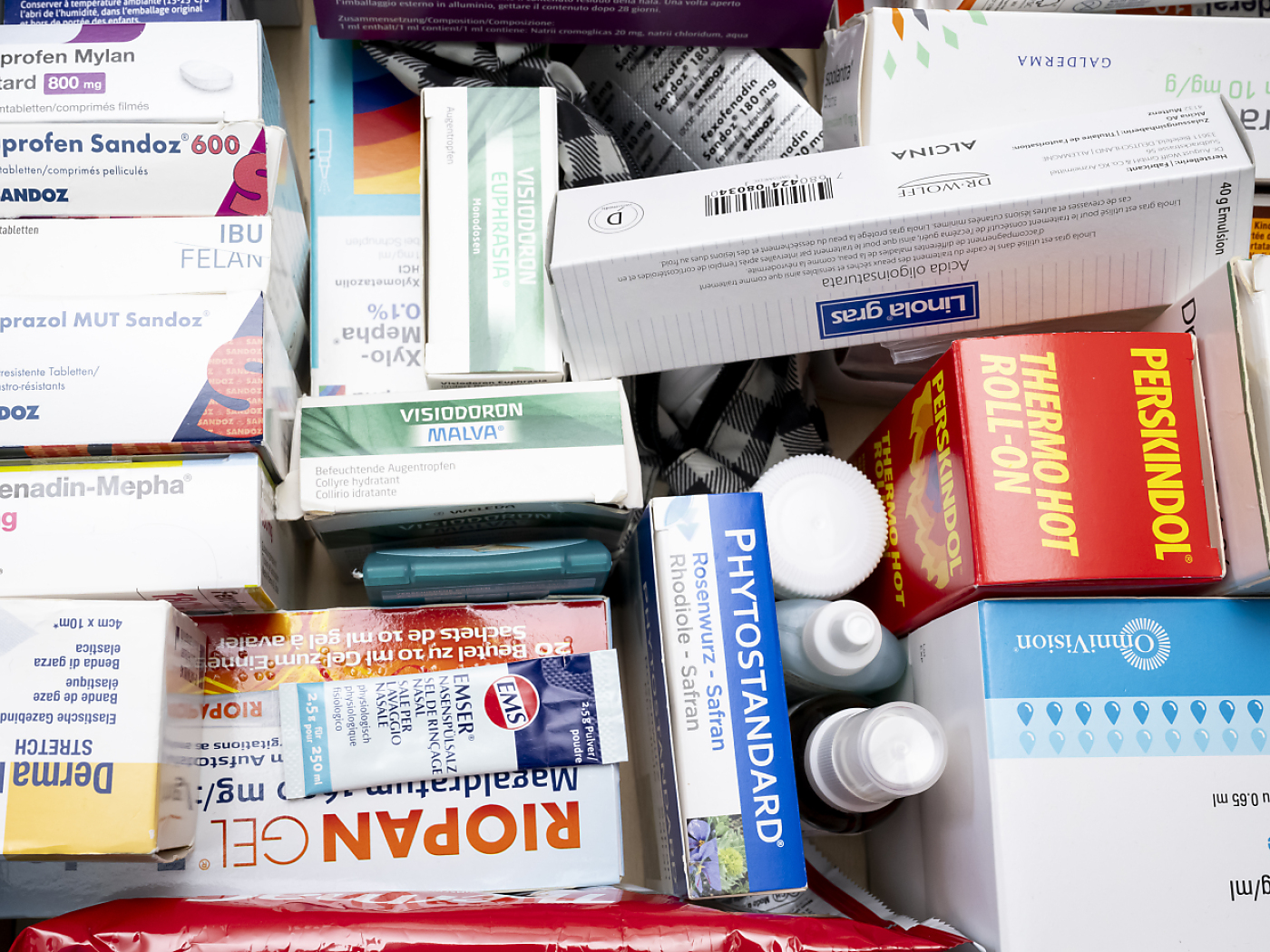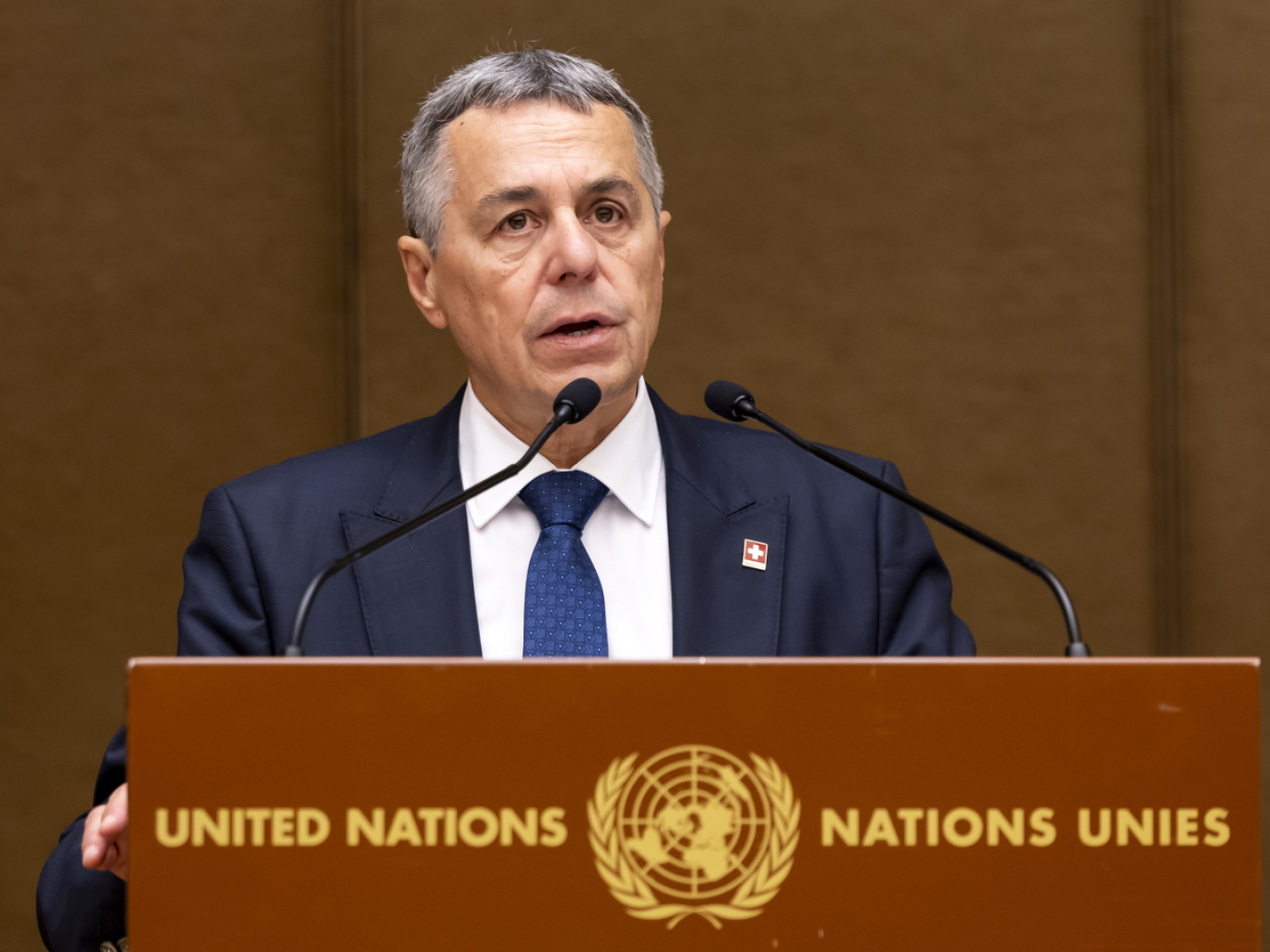Switzerland mulls prescribing cocaine for addicts

Switzerland is considering experiments with controlled cocaine distribution to help treat crack addicts.
Do you want to read our weekly top stories? Subscribe here.
A growing number of experts have called for a rethink on drug addiction policy since a significant increase in crack consumption was observed in Geneva in the last three years. The Federal Commission for Addiction and Prevention of Non-Communicable Diseases (EKSN) has been spurred into action.
+ Switzerland’s alarming crack epidemic
“People who consume crack several times a day get caught in a vicious circle of procurement and consumption,” EKSN vice-president Christian Schneider told Swiss public broadcaster SRF.
Strategic analysis by Zurich Cantonal Police shows a need for additional and easily accessible places – contact points and places of retreat – for addicts who hardly sleep, eat, drink and become neglected – or who then sleep exhausted for 24 hours straight.
More cities affected
Geneva was the first to be affected by the crack wave, and now other cities such as Lausanne, Basel, Zurich and Chur have also been affected. Some have already reacted and set up additional services or are still planning to do so. The Federal Office of Public Health has also called for round tables with cantons and cities.
+ Swiss cities change drug addiction strategies
Schneider assumes that Switzerland will be affected by this situation for a long time to come. The commission is therefore calling for controlled investigations into how the often severely affected people can be best cared for so that even larger problems do not develop.
“We are at least suggesting how cocaine could be given to severely addicted crack users so that they can break the vicious circle and recover,” says Schneider. He is thinking of teams that could visit addicts and provide them with medical or psychotherapeutic care. Building on the successful distribution of heroin or methadone in recent decades, cocaine should be distributed in a controlled manner.
But there is hardly any research on this, and experts are divided: “Far too dangerous,” André Seidenberg, a Zurich doctor and drug pioneer, said in an interview with NZZ in May.
Results questionable
Addiction medicine specialist Marc Vogel from the University Psychiatric Clinics in Basel is part of a working group that has compiled treatment approaches for crack and cocaine addiction for the federal government. He puts it this way: “The main question is whether we can achieve saturation so that people are satisfied. Whether this will work with cocaine distribution is at least very questionable.”
He points out that cocaine is significantly more harmful than opioids, as it has a strong effect on the heart and blood vessels and can trigger psychosis: “Many questions arise. The great successes achieved with substitutes for opioid addiction cannot be transferred to cocaine.”
Schneider understands the critical voices: “We would not suggest simply handing out cocaine in large quantities either.” Without proposing a concrete model, however, it is important to bring together experiences.
Schneider and Vogel agree that the controlled distribution of cocaine or a substitute cannot be implemented quickly. This is precisely why the commission wants to discuss things early: “The longer we wait, the later there will be solutions to problems that could affect cities again in the next few weeks,” says Schneider.
Translated from German by DeepL/mga
This news story has been written and carefully fact-checked by an external editorial team. At SWI swissinfo.ch we select the most relevant news for an international audience and use automatic translation tools such as DeepL to translate it into English. Providing you with automatically translated news gives us the time to write more in-depth articles.
If you want to know more about how we work, have a look here, and if you have feedback on this news story please write to english@swissinfo.ch.

In compliance with the JTI standards
More: SWI swissinfo.ch certified by the Journalism Trust Initiative


















You can find an overview of ongoing debates with our journalists here . Please join us!
If you want to start a conversation about a topic raised in this article or want to report factual errors, email us at english@swissinfo.ch.